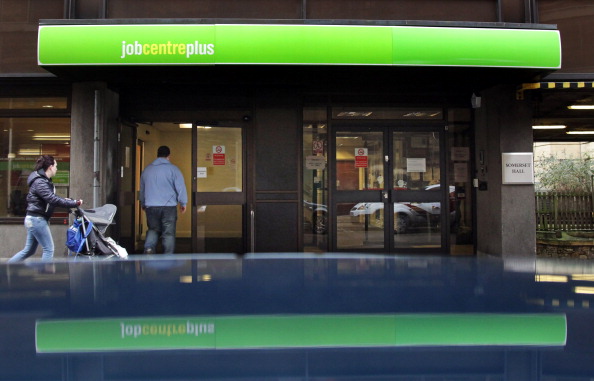Explainer: Sunak’s plan to grow the workforce

With Parliament in recess this week, Rishi Sunak gained some time to go back to his desk and think about his priorities – much needed with a budget coming up in a month. Among those, one leading target in his mind is to get more people back into work to drive economic growth.
The UK is the only major developed country facing a rise in economic inactivity since the beginning of the pandemic. We now have 1.2 million people unemployed, and 9 million who are economically inactive. Sunak knows he has to offer some fresh ideas to ease a very tight labour market – and is looking at different demographics to achieve the task.
So the budget next month is likely to heavily focus on the labour market. One of the ideas considered by the Treasury is a reform of childcare. The UK has some of the highest childcare costs in the world. Parents spend 23.82 per cent of their monthly earnings on full time childcare in the UK – while their counterparts in France spend 13.01 per cent, and in Finland 6.08 per cent. This means, for many, it makes more financial sense for one parent to give up work, or take on a part-time job instead, to take care of their kids – and most of the time, the ones taking this decision are women.
Ministers are looking at a plan that would include 30 hours of free childcare for kids aged nine months to three years, and at policy reforms that would allow childcare providers to take care of more children at once. An overhaul of the childcare system has been called for by parents, business groups and some on the backbenches for a long time. The cost, however, has stopped the government so far: a plan like this could cost £5bn to £10bn.
Another measure considered is a carrot and stick approach for universal credit. Ministers want people on benefits who have been out of work for three months to take intensive training. For context, three months is widely considered the turning point after which it is much harder to get back into work. The stick is if they don’t attend the training, they could lose their universal credit payments – or at least parts of them.
The government wants to target over-50s who left work during or after the pandemic. Job coaches are considered an important part of getting this demographic back into the labour market, and the government is eyeing a new policy to get job coaches in GP surgeries to increase the contact between them and people out of work.
It is also considering allowing people to keep claiming sickness benefits even after returning to the workforce. People on disability benefits are often wary of looking for work for fear they’ll lose their payments.
Tax-free allowances are also under consideration: over-50s jumping back into the workforce could be exempt from income tax for six months to a year. Younger demographics, however, have been largely critical of the government focus on older voters, arguing they are equally, if not more, in need of tax breaks in order to be able to even start considering buying a house or paying back accumulated debt.